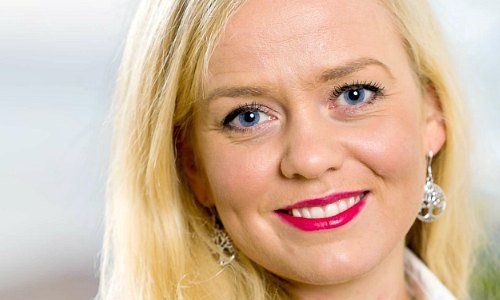That’s changing. I am seeing a shift away from idolizing the «super-CEOs» who brag about, for example, sleeping four hours a night and checking their emails and hitting the gym all before 7 a.m. The executives we look up to now might be the ones who seem to have a bit more balance in their lives. It’s been encouraging.
What is the ideal then?
If you’re responsible for major decisions at a top management level, you should be taking care of yourself in a way that allows to then be able to make the right decisions effectively. For most of us, that means seven to nine hours of sleep per night.
What are some of the bad examples?
I’ve heard of leaders acknowledging the value of rest, but at the same time sending emails out after midnight and expecting reply and turnover within several hours. I’ve also seen leaders actually embracing preventative behaviors themselves, but then ask their assistant to make sure that their gym session is booked in as a client meeting – which is silly, because that’s exactly the behavior you want to role-model.
What about the more serious cases like burnout, exhaustion, addiction, and even attempted suicides.
Whenever something that tragic happens, companies have to take it seriously. It’s not just an HR issue, it’s a risk that will have longer-term impacts for the whole company if you don’t look at root causes. We start every single program with comprehensive medical assessments, and I’d say for every ten cases, we discover one or two people with more serious issues that need closer attention.
How should companies be addressing the root causes?
It comes down to things like organizational culture. Individuals never exist in a vacuum, but in an organization, and the culture and individual well-being are very much interconnected and influence each other.
In Switzerland, employees typically have a high level of personal identity tied to their job.
That adds another layer of complexity to our work. Change might take a little bit longer here.
Annastiina Hintsa is the operating chief of Hintsa Performance, a consulting and coaching firm founded by her father, trauma surgeon Aki Hintsa, in 2000. The firm employs more than 100 people. Originally focused on Formula 1 drivers and teams, the firm has increasingly moved into corporate assignments in recent years, including for Santander and Zurich Insurance. Thirty-one-year-old Hintsa, who holds a Master's in economics from Aalto University, began her career at McKinsey.
- << Back
- Page 2 of 2




































